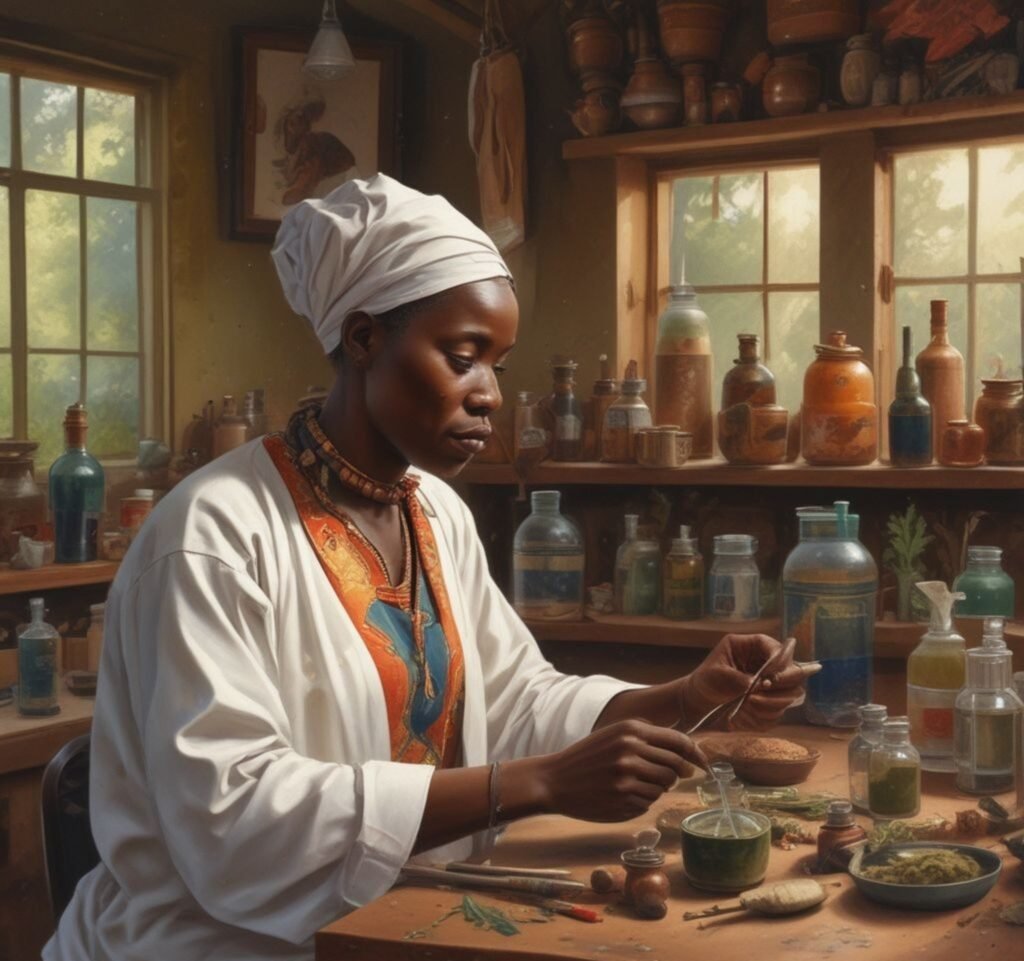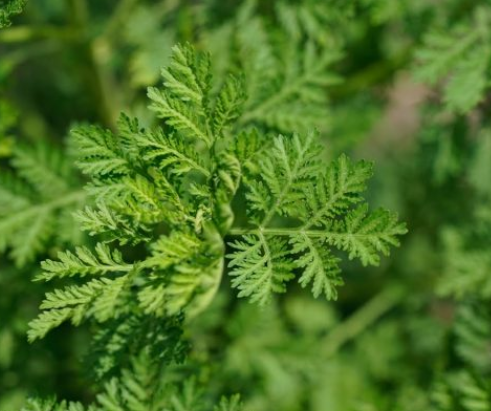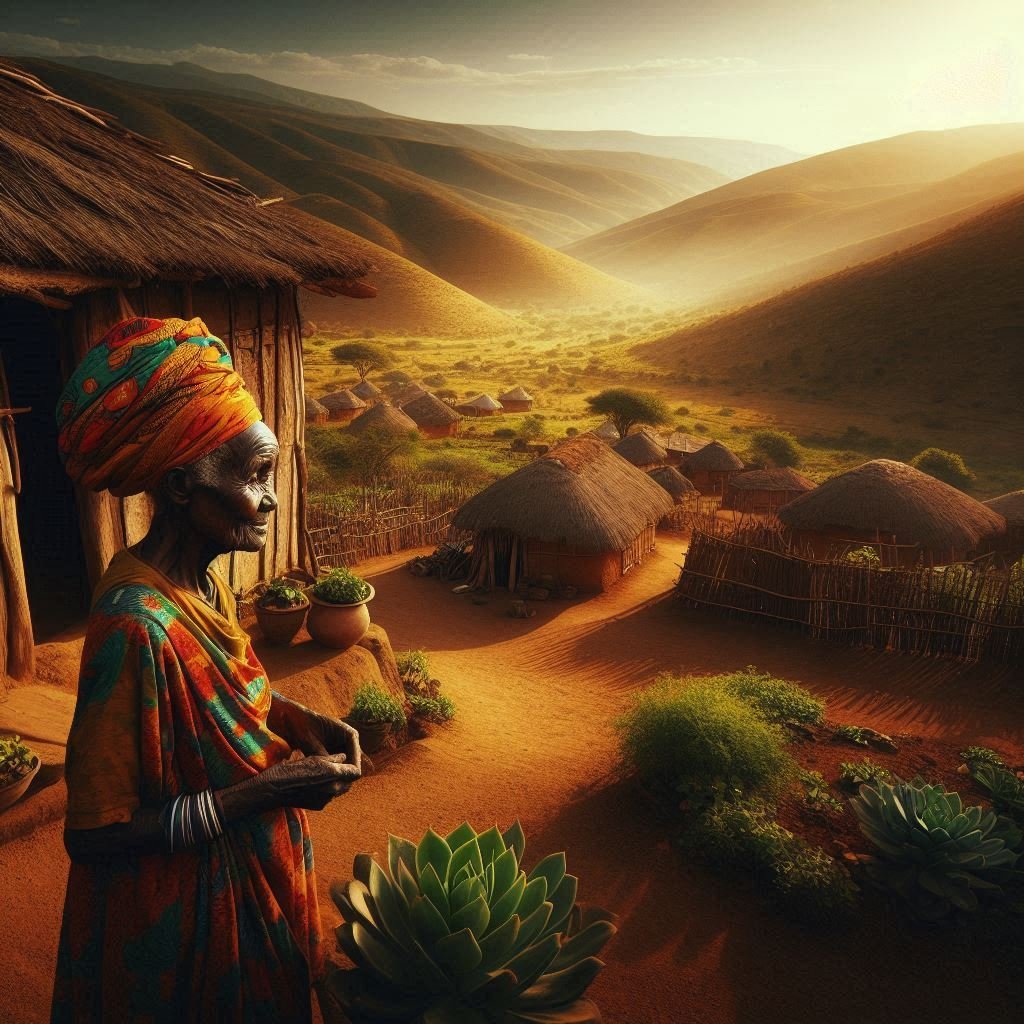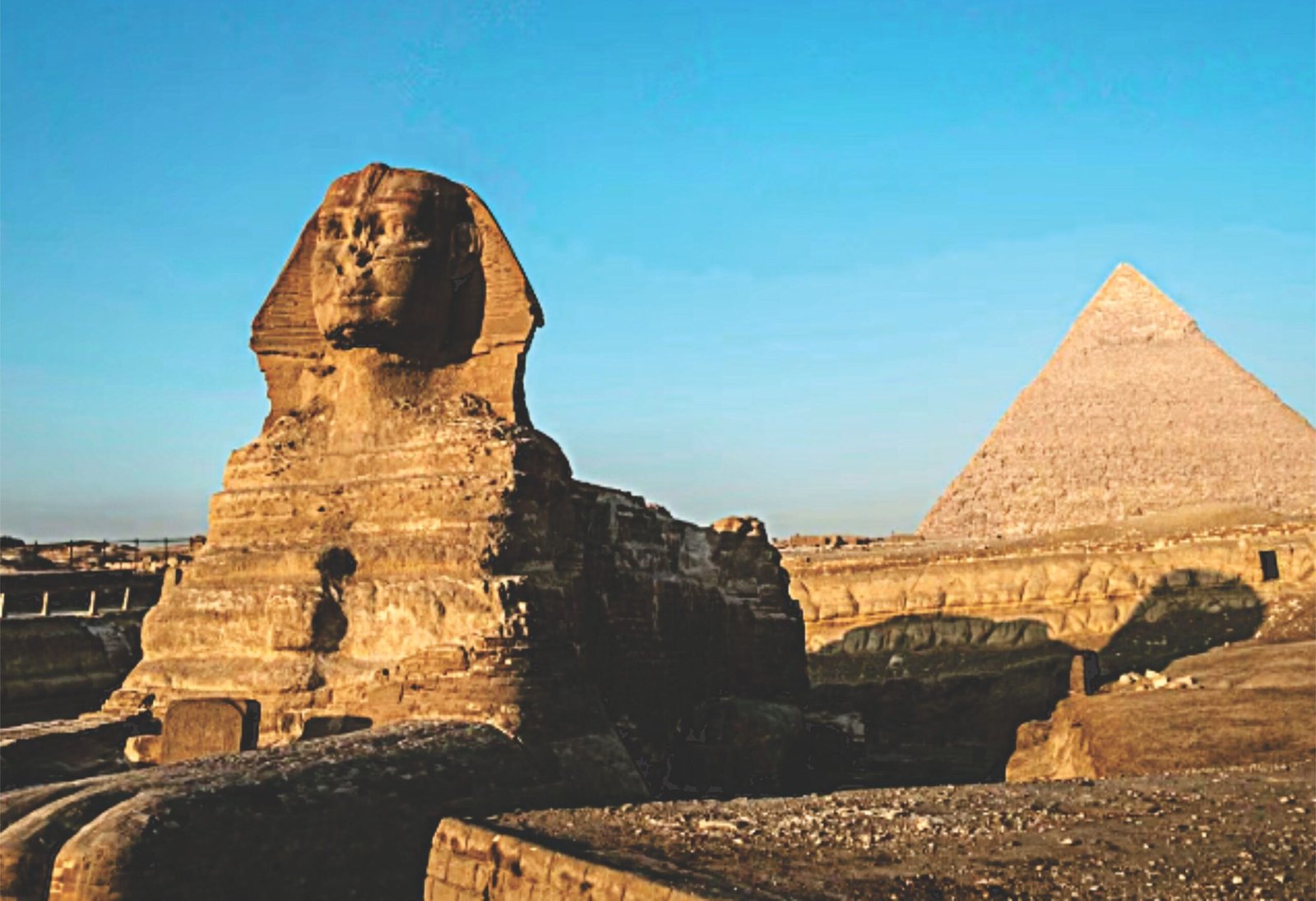Africa’s Contributions to Medicine and Science

The history of medicine in Africa
The history of medicine in Africa dates back thousands of years. Ancient Egyptian civilization, for instance, is noted for its advanced medical practices and knowledge of anatomy, showcased in the Ebers Papyrus, one of the oldest medical texts dating to around 1550 BCE. This document details various diseases, their symptoms, and treatments, effectively bridging the gap between ancient and modern medical practices.
Apart from Egypt, other ancient cultures across the African continent contributed significantly to medical knowledge. Traditional healers utilized herbal remedies techniques to treat ailments. The knowledge held by these healers, often passed down through generations, remains vital in many communities today, promoting tradition alongside modern medicine.
Africa’s diverse cultures have generated a wealth of indigenous knowledge systems that inform healthcare and wellness. Traditional medicine, which includes herbalism has sustained many communities long before the advent of Western medicine.
Recognition by the World Health Organization of Significance of African Traditional Medicine
The World Health Organization recognizes the significance of these practices, particularly in rural regions where access to conventional healthcare is limited. Recent studies have highlighted the therapeutic properties of numerous African plants, confirming the efficacy of remedies previously employed by ancestral communities.

Artemisia annua, a plant native to Africa
Examples include the use of Artemisia annua, a plant native to Africa that has been recognized globally for its potential in treating malaria. Furthermore, research has revealed that traditional healing practices often incorporate psychological and social dimensions, addressing not just physical symptoms but also emotional and spiritual well-being.
In contemporary times, African scientists and medical professionals are increasingly at the forefront of innovation and research. The continent has become a hub for biomedical research, particularly in combating endemic diseases such as HIV/AIDS, malaria, and tuberculosis. Organizations such as the African Academy of Sciences and the African Centers for Disease Control and Prevention (CDC) play an essential role in fostering scientific collaboration and research across African nations.
In recent years, the development of mRNA vaccine technology for COVID-19 has showcased African ingenuity and the potential for homegrown solutions to global health crises. Countries such as Senegal and South Africa have embarked on genomic research and production of vaccines, aiming to create equitable healthcare systems.
Africa’s role in global science and medicine is increasingly recognized, with the continent contributing significantly to discussions on climate change, biodiversity, and public health. African leaders in health and science are vocal in international forums, advocating for greater investment in research and healthcare infrastructure.
The African Union’s Agenda 2063 emphasizes science and technology as a priority for development, pushing for self-reliance in health and medicine while pursuing sustainable economic growth. Collaborative research initiatives, such as the African Institute of Medical Science and Technology, aim to enhance scientific output and healthcare delivery across the continent.

















